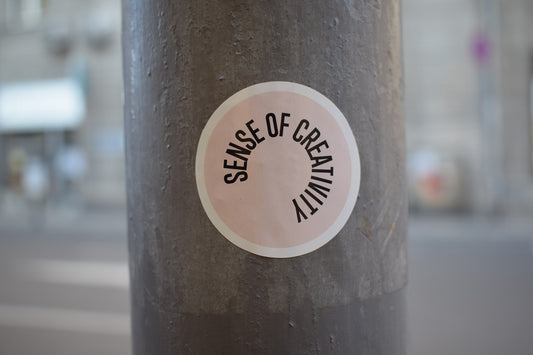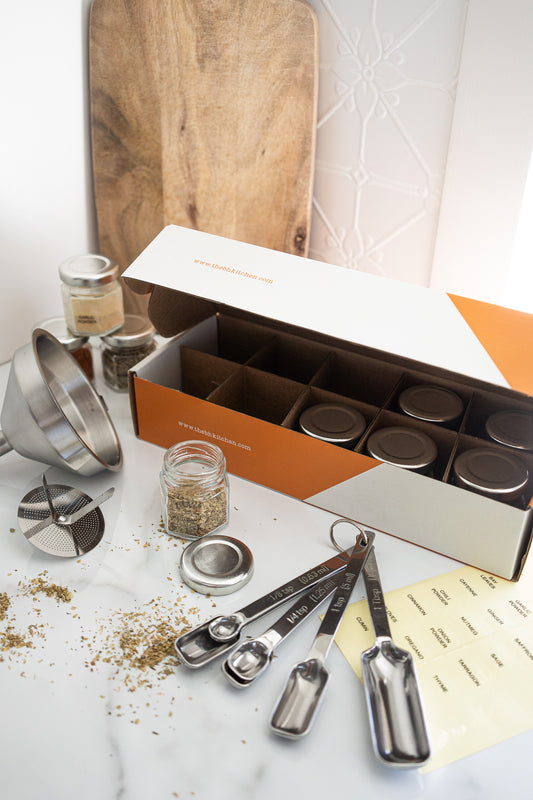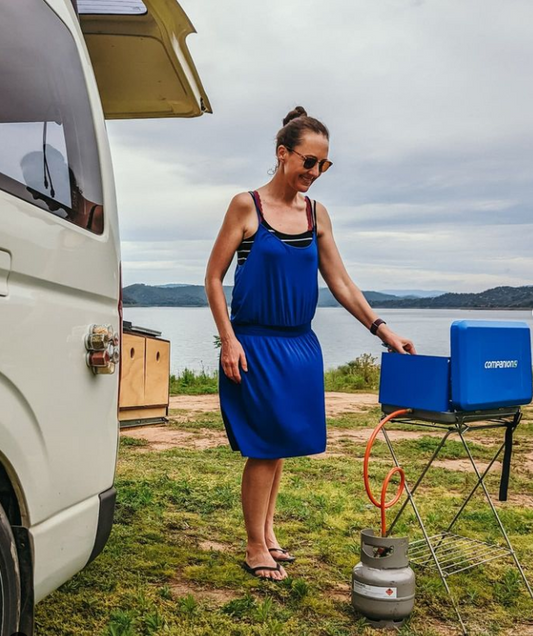
2 MINUTE READ
Herbs are a type of plant that has been used for thousands of years in cooking, medicinal remedies, and more. While some herbs are considered vegetables, they are often classified separately due to their unique uses. Herbs have a wide range of flavours and aromas, ranging from sweet and mild to pungent and spicy. They also have many different healing properties, depending on the herb you choose to use. Whether using them in recipes or storing them for future use, understanding what herbs are is key to getting the most out of these flavorful plants.
When purchasing herbs from the store or market it is important to buy fresh ones as dry herbs must be prepared in the correct way. Storing fresh herbs properly can help maintain their flavour for weeks or months after purchase.
Medicinal Use of Herbs
Herbs are an essential part of many cultures around the world. They have been used for centuries in traditional medicine and for culinary purposes, but their medicinal benefits cannot be overlooked either. Many herbs are known to have powerful effects on human health and can be used to treat a wide range of ailments. Herbal remedies span from ancient times until present day, with many traditional practices still in use today such as Ayurvedic medicine or Chinese herbalism. Commonly used medicinal herbs include ginger, turmeric, garlic and oregano which each provide unique health benefits when consumed.
The Most Popular Varieties of Herbs
Herbs are a staple in many kitchens around the world, offering unique flavours and aromas to enhance meals. But with so many types of herbs available, it can be hard to know which varieties to choose. Fresh herbs are often the best choice when cooking with herbs, but dried or frozen varieties can also be used. Popular fresh herb choices include basil, thyme, oregano, rosemary, sage, mint and dill. These should be stored in the refrigerator wrapped loosely in damp paper towels or newspaper to keep their leaves from drying out and losing their flavour.
Growing your own herbs
Growing your own herbs is a rewarding and cost effective way to add fresh flavour to your meals. Not only can you enjoy the taste of homegrown herbs, but they are also packed with antioxidants that are beneficial for our health. Here are some tips on how to grow herbs in your backyard or kitchen garden.
To start, select an area that receives at least 6 hours of direct sunlight each day for optimal growth. Ensure the soil is rich in organic matter by incorporating compost before planting. Herbs require good drainage, so consider raising beds or containers raised off the ground if you have heavy soils. Planting from seedlings is a great way to get started quickly, but germinating seeds will give you much more control over variety and yield.
Cooking With Herbs
Cooking with herbs is a great way to add flavour and nutrition to your meals. Herbs are not only delicious, but they also offer a variety of health benefits that you can’t get from other foods. From fresh herbs like oregano and rosemary, to dried favourites like thyme and basil, herbs can be used in a wide range of dishes — no matter what type of cuisine you prefer.
Herbs are easy to use in the kitchen; simply sprinkle them on top of roasted vegetables or stir them into stews and sauces for extra flavour. You can even make your own herbal creations by combining multiple flavours together in one dish. For example, try mixing garlic, rosemary and sage together for an amazing topping over grilled chicken or fish. With so many options available, cooking with herbs is sure to bring some excitement back into your meal time routine!
Drying your own herbs
Herbs are a delicious and healthy way to add flavour to your favourite dishes. From basil to thyme, they can instantly upgrade the taste of any meal. If you want to enjoy herbs all year-round, drying them is a great option! Here’s how you can dry herbs at home in four simple steps.
- Start by washing the herbs thoroughly with cold water
- Pat them dry with a paper towel or cloth. You’ll want to make sure there is no dirt or residue left on them before you begin drying.
- Tie the stems together in small bunches for easy handling and air circulation.
- Place the bunch of herbs upside down in a warm room away from direct sunlight for about five days until they feel brittle and crisp when touched.
Storing Herbs
Herbs are one of the earth's most wonderful gifts, providing flavour and nutrition to many dishes. But if you don’t store them properly, the herbs can quickly lose their potency and flavour. When it comes to storing herbs, there are a few key steps that should be followed in order to maximise their life span and guarantee freshness.
For starters, make sure your herbs are thoroughly washed before being stored away. This will help remove any dirt or debris from the leaves that could lead to spoilage in storage. Once they're clean, pat them dry with a paper towel for best results. For longer-lasting herbs such as rosemary, thyme and oregano, try drying them out by hanging them upside down in a cool place for several hours before storing away.
Crafting with Herbs
As the warm weather of summer arrives, many of us are looking for ideas to fill our days with fun and creative activities. Crafting with herbs is a great way to add flavour, colour, and life to your home décor. Not only do these DIY projects provide an opportunity for self-expression and creativity, but they can also help bring the outdoors into your living space.
Herbs are relatively easy to grow indoors or out, so crafting with them is a great way to start gardening if you haven’t already. Whether it's in a pot on the window sill or in a flower bed outside - herbs provide texture, aroma and colour that can be used in multiple projects around the house. From making herbal wreaths for your front door or adding aromatherapy oils to homemade candles – there are countless ways you can craft using herbs!
Herbs: The Conclusion
Herbs are a wonderful gift from nature that can be used to heal, restore, and improve our health. They can be used medicinally, to enhance flavour and to add variety to your cooking endeavours. To get the most out of your herbs, grow them yourself, pick them fresh and dry them correctly. And also, don't forget to store them correctly!



